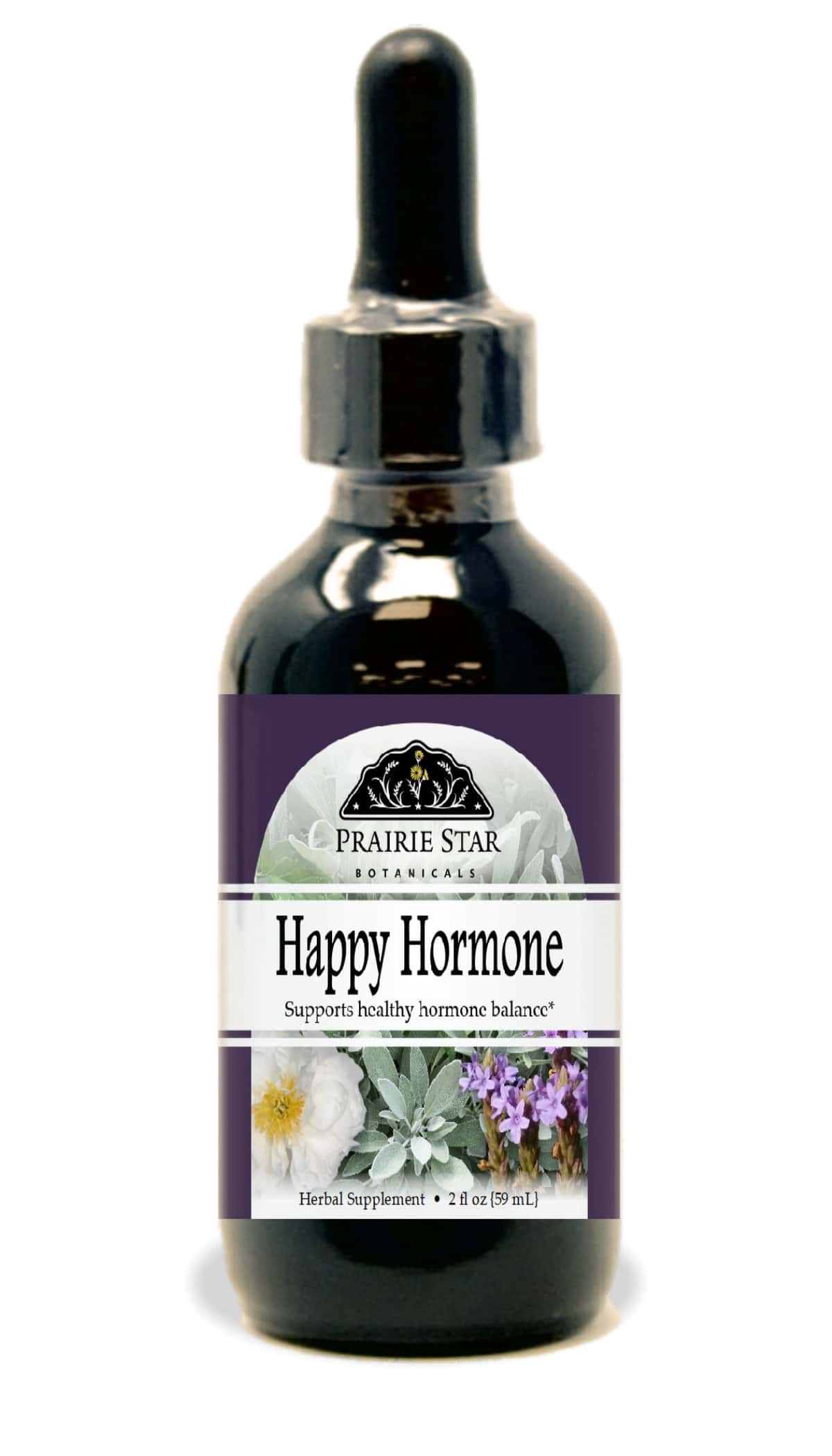Happy Hormone Reviews: A Parent’s Guide to Understanding and Supporting Your Child’s Well-Being
Hello there, radiant parents! ? Are you intrigued by the chatter on ‘happy hormones’ and how they impact your little ones? You’re in for a treat because we’re diving deep into the world of endorphins, serotonin, oxytocin, and dopamine. Understanding these natural chemicals can be a game-changer in supporting your child’s emotional and physical health. So grab a comfy seat, and let’s explore this joyous journey together!
What Are Happy Hormones?
Happy hormones are the body’s natural mood lifters. These chemical messengers in our brains are key players in how we feel joy, happiness, and well-being. For our kiddos, these hormones help regulate mood, sleep, appetite, and even how they handle stress. The main happy hormones include:
- Endorphins: These are the body’s natural painkillers, producing a feel-good state often referred to as the “runner’s high.”
- Serotonin: This hormone stabilizes mood and feelings of well-being, and it’s crucial for a good night’s sleep.
- Oxytocin: Known as the “love hormone,” it’s released during hugging, bonding, and socializing.
- Dopamine: Often called the “reward chemical,” dopamine is linked with pleasure and motivation.
How Happy Hormones Impact Your Child
The balance of happy hormones plays a significant role in your child’s development. When these hormones are at optimal levels, children tend to be more resilient against stress, more engaged in learning, and have better social interactions. Let’s break down the influence of each hormone:
- Endorphins can help your child cope with pain and reduce anxiety and stress.
- Serotonin affects not just mood but also appetite and sleep cycles, impacting their overall growth and health.
- Oxytocin boosts bonding and can promote positive social relationships, essential during their formative years.
- Dopamine is linked to motivation and reward, which can influence their learning and drive.
Natural Ways to Boost Happy Hormones
Are you eager to know how you can naturally enhance your child’s happy hormone levels? Fear not, for we have a handful of tips that you can seamlessly integrate into your family’s routine!
- Exercise Together: Whether it’s a bike ride or a fun game of tag, physical activity is a surefire way to boost endorphins.
- Healthy Eating Habits: Foods rich in tryptophan, omega-3 fatty acids, and vitamins can help support serotonin levels.
- Quality Time: Bond over board games or storytime. Social bonds trigger oxytocin, solidifying your connection with your child.
- Goal Setting: Encourage your child to set goals and recognize their achievements, big or small, to promote dopamine production.
The Importance of Balance
It’s important to note that while these hormones contribute to happiness, balance is key. An excess or deficiency of any hormone can lead to mood swings, irritability, and other emotional challenges. Therefore, creating a supportive environment for your child that nurtures all aspects of their development is crucial for maintaining this delicate balance.
With this enlightening introduction to the world of happy hormones, you’re off to a terrific start in understanding how to enhance your child’s emotional and physical well-being. Stay tuned for more detailed strategies and reviews on the best practices to keep those smiles beaming and giggles echoing throughout your home!

Happy Hormone Reviews: Preparing for an Emotionally Balanced Child
As parents exploring the vast expanse of child care, gearing up for happy hormone reviews is much like preparing for a splendid adventure into your child’s health. Here are five illuminating tips that you should consider:
1. **Be Observant of Mood Changes**: Kids are whirlwinds of emotion, and it’s important to notice the subtle shifts that could be related to hormonal imbalances. Equipping yourself with the knowledge of how hormones impact mood will guide you in understanding your child’s emotional landscape.
2. **Foster a Stress-Free Environment**: As happy hormones such as serotonin and oxytocin are sensitive to stress, creating a nurturing and calm home life is key. Learn stress-management techniques that work for your family, and you’ll be laying the foundation for a hormonally healthy child.
3. **Encourage Physical Activity**: Activity and exercise are not only great for physical health but also for pumping up those endorphin levels. Find fun ways to incorporate movement into your child’s daily routine that they genuinely enjoy.
4. **Instill Healthy Eating Patterns**: What your child eats can influence their hormone levels. You’ll want to prepare meals filled with nutrients that aid in the production of these chemical messengers, such as foods high in omega-3s for serotonin or vitamin D for dopamine.
5. **Create Opportunities for Positive Social Interaction**: Oxytocin thrives on social bonding, so it’s beneficial to encourage your child to make connections. Organize playdates, engage in family activities, and support your child in forming meaningful friendships.
Focus on these foundational aspects, and you’ll be well on your way to a joy-filled review of your child’s happy hormones, creating a blueprint for bliss that can last them a lifetime!
See more great Things to Do with Kids in New Zealand here. For more information see here
Disclaimer
The articles available via our website provide general information only and we strongly urge readers to exercise caution and conduct their own thorough research and fact-checking. The information presented should not be taken as absolute truth, and, to the maximum extent permitted by law, we will not be held liable for any inaccuracies or errors in the content. It is essential for individuals to independently verify and validate the information before making any decisions or taking any actions based on the articles.




